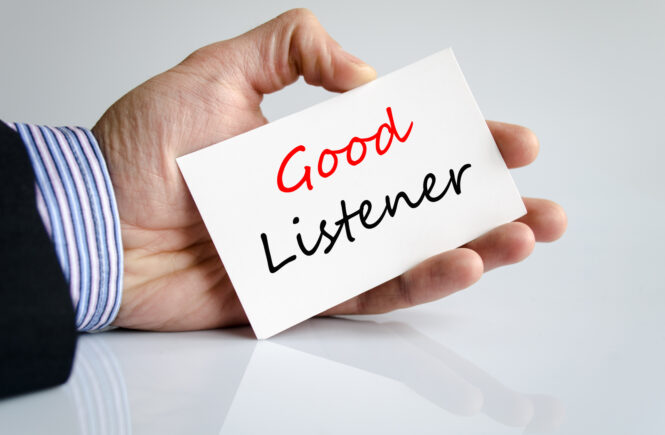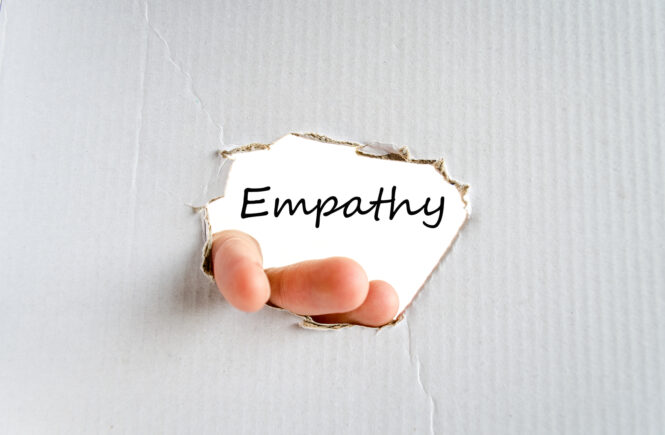Studies by Mary Gordon from the innovative “Roots of Empathy” program found that empathy decreases bullying and aggression among kids and makes them kinder and more inclusive toward their peers. This is based on research that demonstrates we can increase our level of empathy by actively imagining what someone else may be feeling. Empathy is now being taught and encouraged in all grades of schools to reduce bullying among young people.
Empathy equips us to identify with one another on a level different than the color of skin, ethnicity, gender, religion, age, socioeconomic status, and other diverse factors that distinguish humans. True empathy is not a respecter of people; it is truly walking in other people’s shoes and feeling what they are feeling to the greatest level possible. Having empathy means looking beyond the external to the internal being of a person and finding a common thread as fellow human beings.
Empathy can be taught, practiced, and experienced in many ways in daily activities of life. Understanding and practicing a culture of empathy for healthcare workers will pay it forward to the patients that entrust their healthcare to us. Intentional first steps can be taken by the following three M’s:
Make people feel known.
Make people feel understood.
Make people feel they are not alone.
Employees are the core of healthcare organizations. What can YOU do or say to show empathy at your workplace? First, you cannot empathize with colleagues that you do not know. I am not talking about taking them to lunch; you can get to know your colleagues in numerous ways. It not hard to find the area they live in or where they are from or what they like to do or why they decided to work with the organization.
You can glean a lot from just listening. Utilize hall, break, or lunch talk to get to know your colleagues better. Organizations that invest in personal and professional development also yield many opportunities to foster empathy for colleagues. Being considerate of others’ feelings is a choice; if developed intentionally, it will become a powerful skill.
Let’s think about that for a second. What if your workplace or manager:
Made you feel known
Made you feel understood
Made you feel like you weren’t alone
Empathy has the power to do that. When empathy is a true essence of workplace culture, people think about others before making decisions.
Employees learn to ask:
I wonder how the patient’s mother might see this situation.
How would my heart feel if I were about to get this news today?
How would I interpret the doctor’s message if it were my spouse in the hospital?



